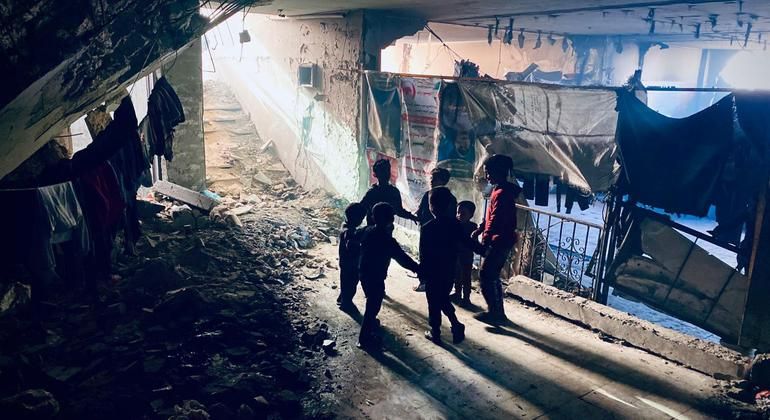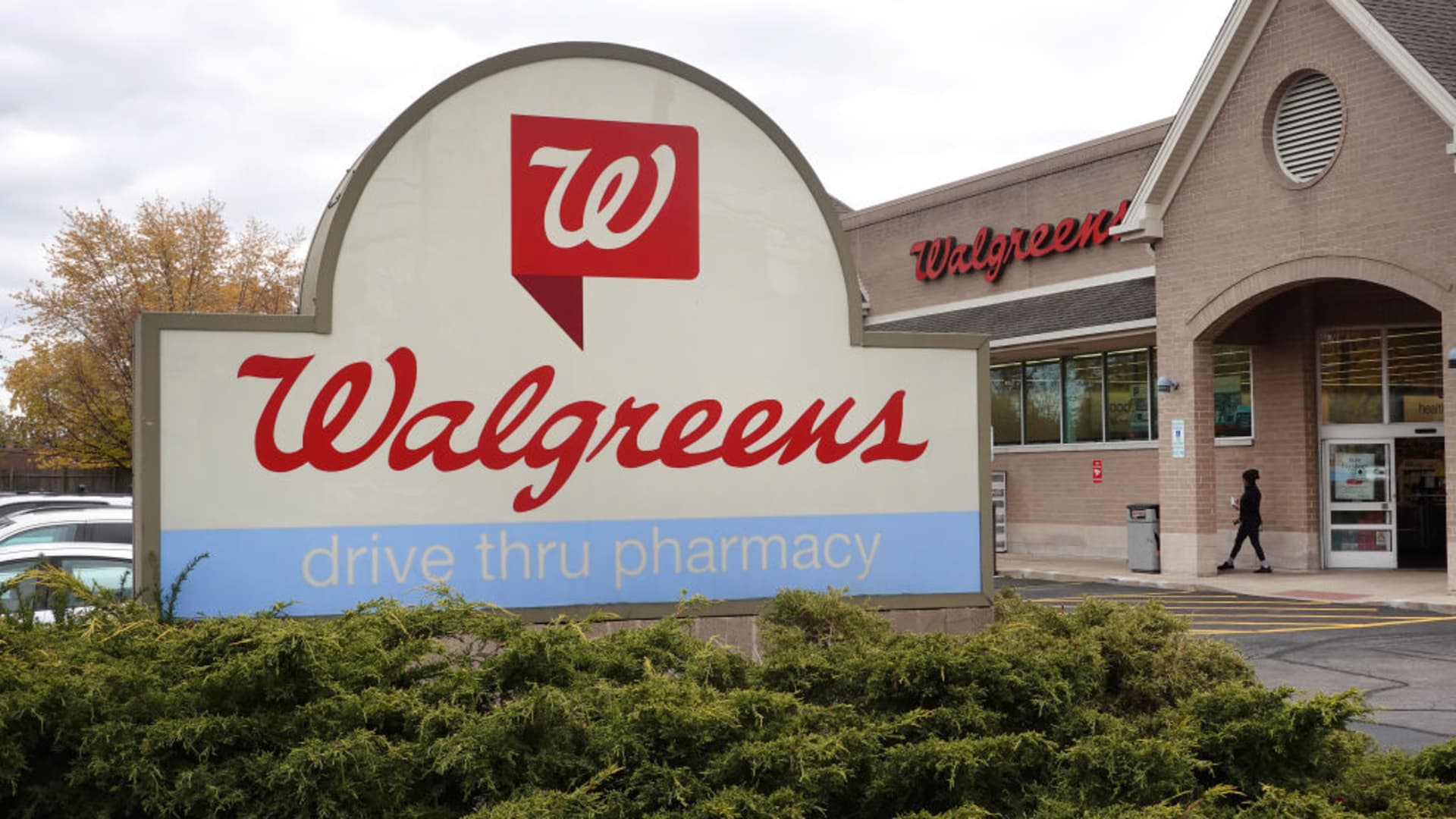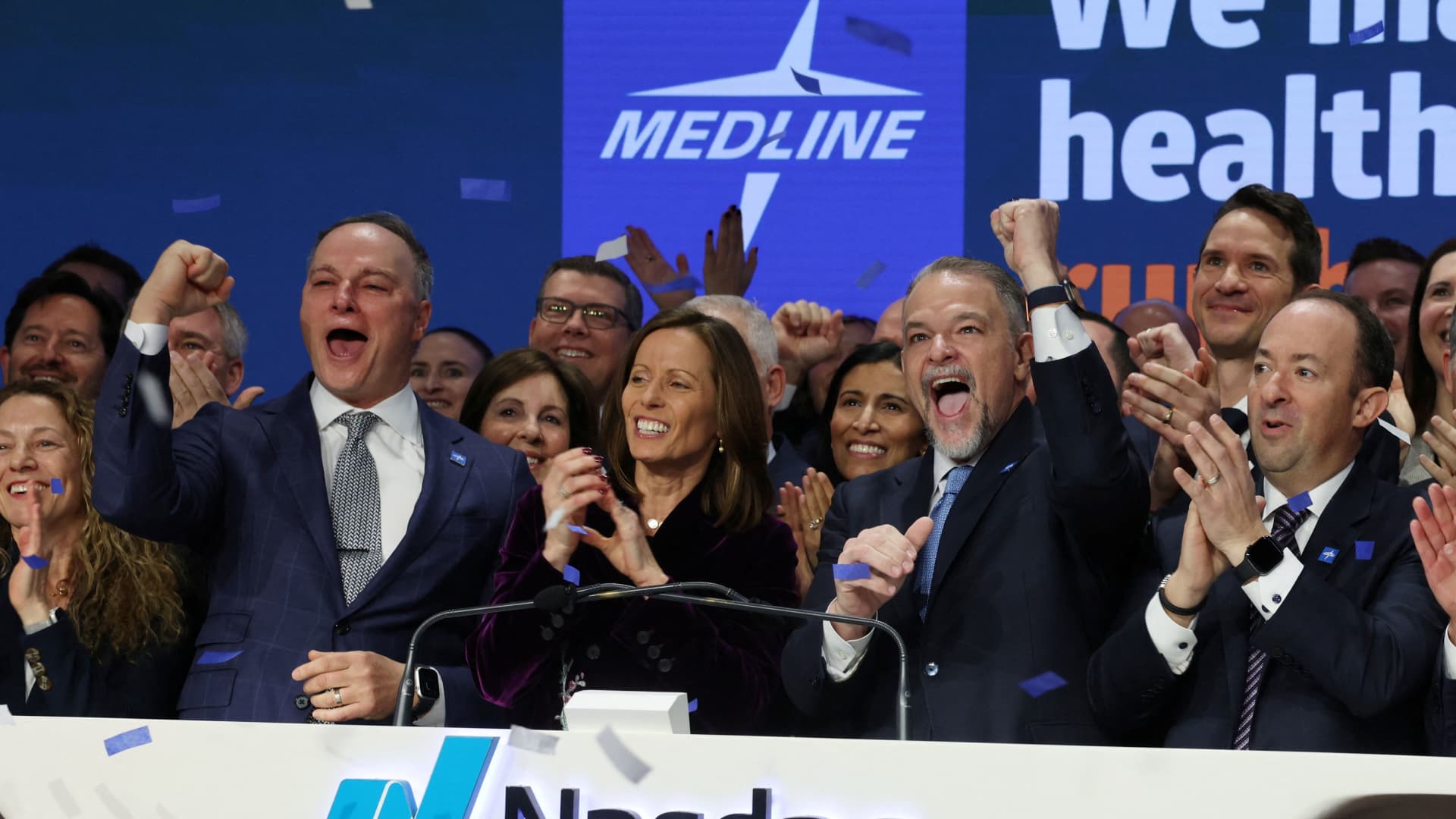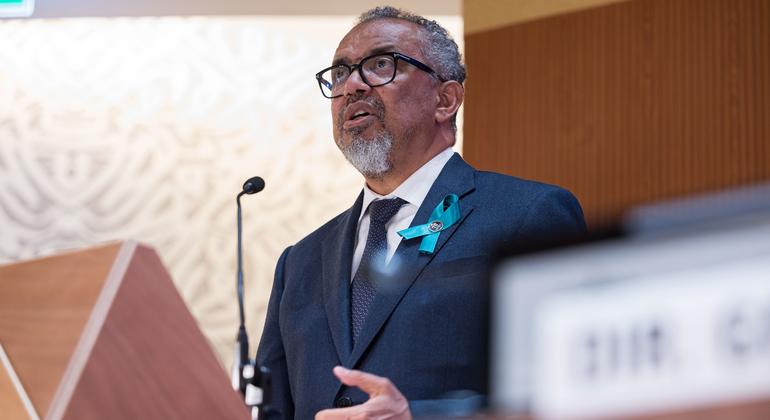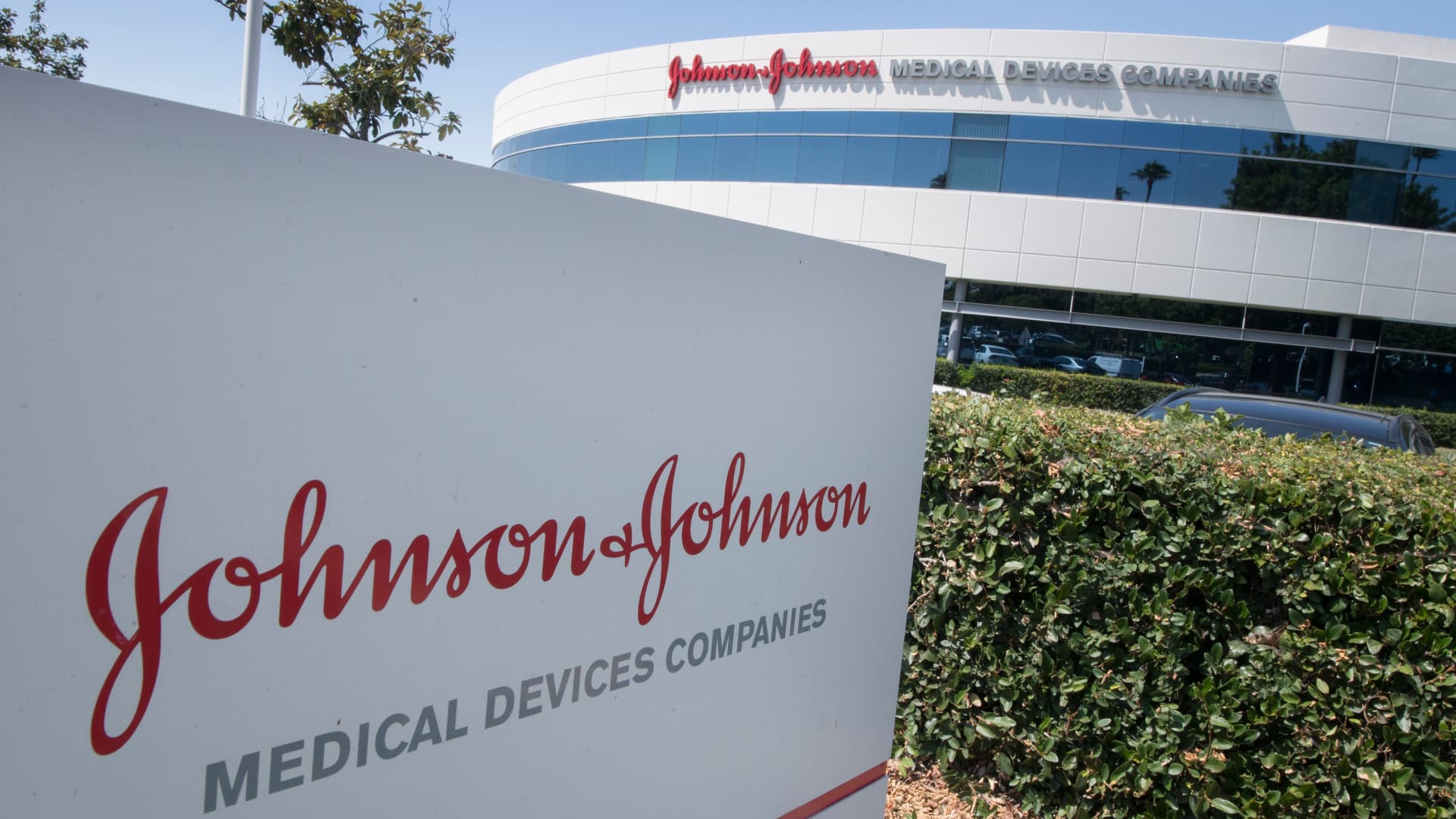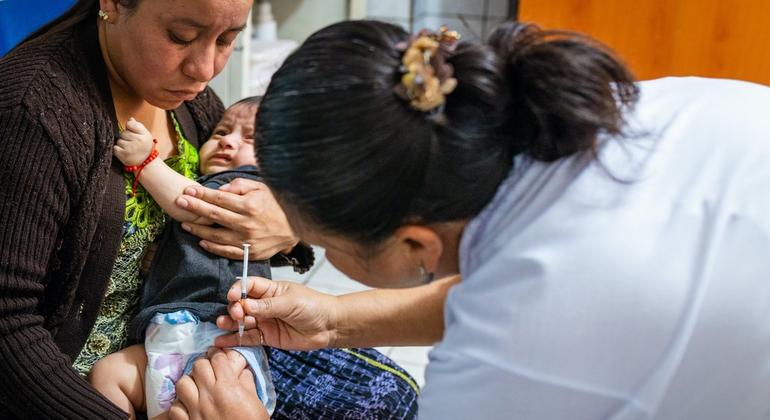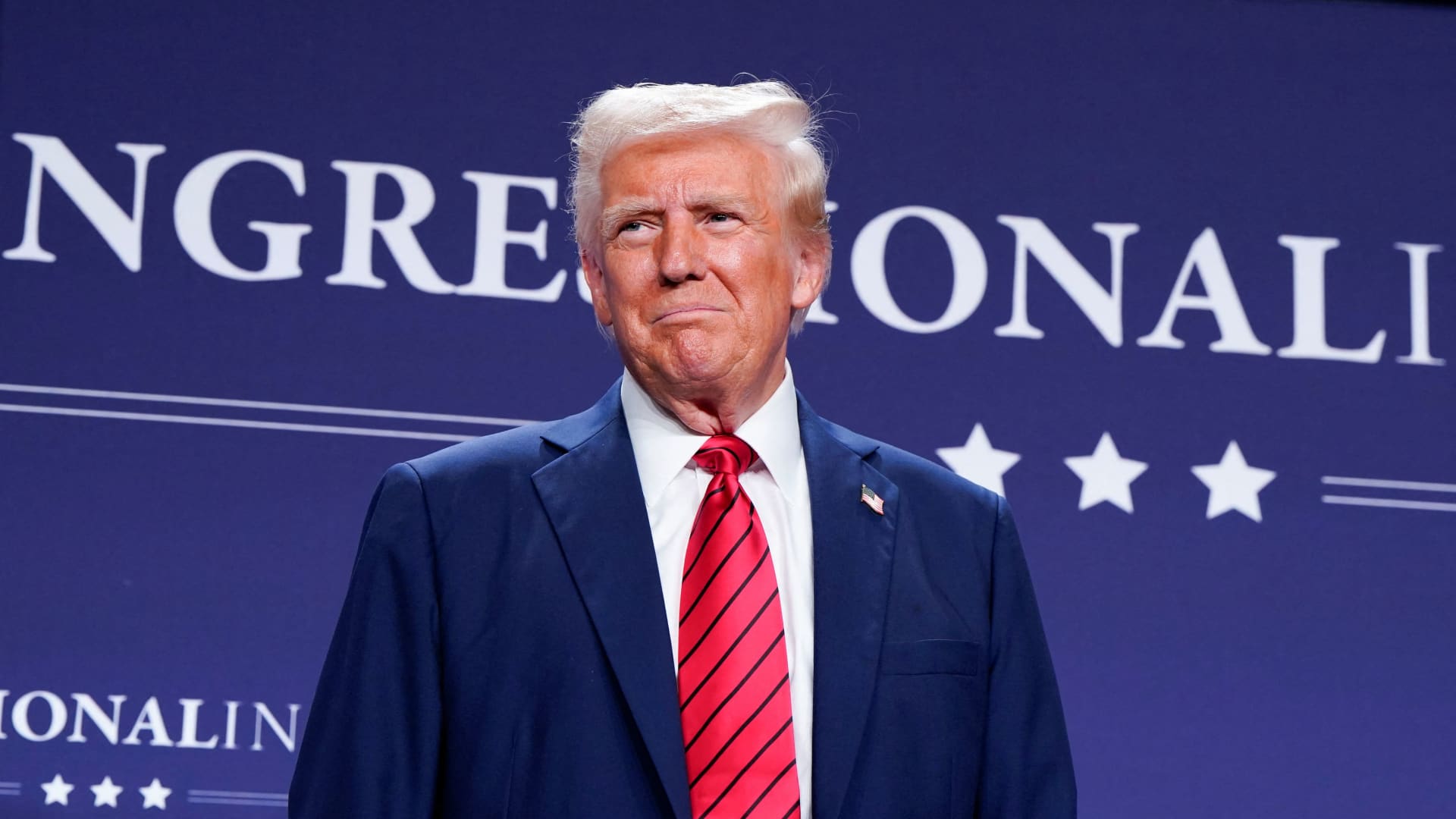In the past two weeks, a variant of poliovirus type 2 has been detected in sewage samples in Gaza, deadly military attacks have occurred in several neighbouring countries and famine has been confirmed in Sudan's North Darfur state, among other challenges.
Rebuilding health systems
WHO Regional Director Dr Hanan Balkhy expressed deep concern about the current escalation of violence across the region, characterised by “lethal attacks against civilians, political entities and infrastructure” that “are rapidly increasing the risks of a wider war”.
He said civilian populations already devastated by violence, hunger and disease did not deserve to be threatened further.
“Health systems must be rebuilt, not devastated, and further developed so that they can withstand new crises. that could potentially affect us all, like the next pandemic,” she said.
In light of the escalation of political tensions, he stressed that “every diplomatic effort must be made to prevent this worrying situation from worsening further.”
Polio campaigns in Gaza
Meanwhile, polio in Gaza is a cause for great concern. Dr Balkhy warned that although no cases have been detected, children are at high risk.
In response, WHO is working with the Gaza Ministry of Health and the United Nations Children's Fund (UNICEF) on a range of measures, including polio vaccination campaigns that will begin very soon.
“Let me be clear: we need a ceasefire, even a temporary ceasefire, to successfully carry out these campaigns. Otherwise, we risk the virus spreading further, including across borders.,” she said.
Vaccines on the way
Dr Hamid Jamari, Director of Polio Eradication at the WHO Regional Office, said some 500,000 children under eight years of age will be included in two rounds of vaccination campaigns.
He said WHO Director-General Tedros Adhanom Ghebreyesus has already authorized the release of sufficient doses of the new oral polio vaccine type 2 from the global stockpile, which is located in Indonesia.
“Of course, The challenge is when we will be able to get these vaccines to Gaza.“he said, citing issues such as current tensions in the region, logistical difficulties and flight cancellations.
“And once the vaccines arrive, then we need a massive change in the current environment, which not only involves a ceasefire and peace so that children can be vaccinated, but we also require freedom of movement.”
Planning a 'massive operation'
Dr Rik Peeperkorn, WHO representative in the Occupied Palestinian Territory, added that “everything has to be aligned, including the cold chain and the cold chain equipment,” referring to the correct conditions for storing, transporting and distributing vaccines.
Speaking from Jerusalem, he said WHO and its partners have already begun “small-scale planning” for vaccination campaigns, which he described as a “massive operation.” This will be followed by training of health workers and volunteers and implementing risk communications.
“To carry out such campaigns, it is preferable that there be a ceasefire,” he said. “If that is not possible, then at least there should be what we call ‘quiet days.’”
Like his counterpart, Dr. Peeperkorn also stressed the importance of freedom of movement.
He explained that comprehensive vaccination campaigns will have to be carried out “From fixed points, from mobile equipment and, when possible…as far as possible, from door to door.. Or, in Gaza, it would be from store to store.”
One of the 85 sick and seriously injured patients evacuated from Gaza to the United Arab Emirates waves from the bus.
Thousands of people await medical evacuation
Regarding other developments in Gaza, Dr. Balkhy reported that WHO supported the largest medical evacuation of the enclave so far in the war, with 85 seriously ill people and their companions transferred to the United Arab Emirates (UAE) at the end of July.
This “extremely complex operation” involved transporting the group through the Kerem Shalom crossing and then to an Israeli airport, before flying to the United Arab Emirates.
He explained that the easiest route would have been through the Rafah crossing with Egypt, which has been closed since May 6.
In total, “almost 100 patients from Gaza” have been evacuated with the support of the WHO, including to Belgium and Spain. However, some 10,000 people still need to be evacuated for medical reasons.
Contingency plans for emergencies
In the face of the regional escalation, WHO is deploying emergency experts and vital supplies to support the Ministry of Health in Lebanon, as well as providing equipment, technical assistance and staff for its Emergency Operations Centre.
The agency has also strengthened the capacity of 98 hospitals to handle mass casualties and pre-positioned 20 first aid kits and other life-saving supplies.
“As we work with health officials in Syria, Iran, Jordan and other countries on emergency contingency plans, we hope and pray that they never need to be activated,” he said.
Access via Sudan
Dr Balkhy also referred to the situation in Sudan, where war has brought famine to parts of North Darfur state, in particular the Zamzam camp for displaced people, where at least 500,000 people live. Other areas are at risk.
“These entirely avoidable events increase the risks to our humanitarian operations. We urgently need access to those in need through all possible means, including cross-border.,” she said.
The threat of climate change
Referring to other places in the region, he noted that extreme weather events such as floods, deadly heatwaves and storms have disrupted lives and livelihoods.
He said WHO “acted swiftly” following recent severe flooding in Afghanistan that killed 58 people and injured 380, including sending 160 metric tons of medical supplies, deploying 24 ambulances for referrals and activating mass casualty management systems.
Floods and heatwaves occur in a harsh climate context and he highlighted their broader health impacts.
“Climate change is a fundamental threat to human health and now is the time to take collective and concrete action.” “We have to understand that this threat knows no borders and leaves no one safe,” he said.

